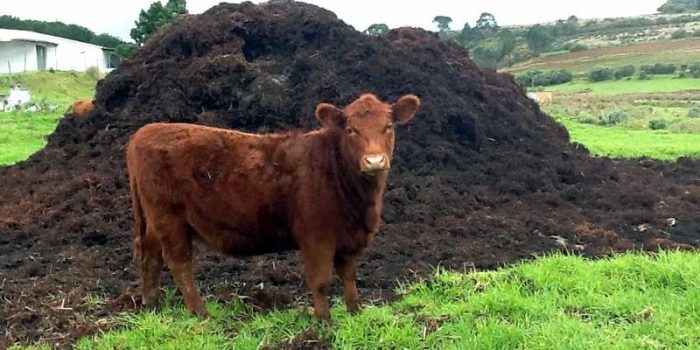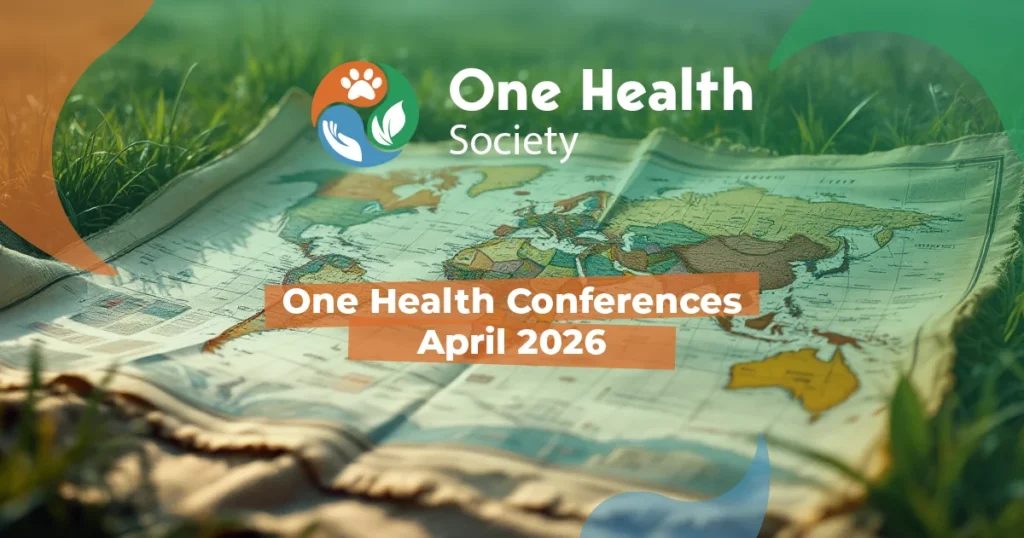Livestock manure around the globe is packed with antibiotic resistance genes (ARGs) that could threaten human health, according to a new study in Science Advances.
The study was published by Chinese and US researchers, who sampled 4,017 manure specimens from pigs, chickens, and cattle in 26 countries over 14 years.
Overall, the searchers found a substantial reservoir of known (2,291 subtypes) and latent ARGs (3,166 subtypes). The detections conferred potential resistance to 30 antibiotic classes.
Chicken manure showed the highest ARG diversity, followed by swine and cow manure. On average, chicken and swine samples contained 2.0 times the ARGs of that found in human feces, 2.5 times of that in sewage, and 18.3 times of that in soil.
This research shows that what happens on farms doesn’t stay on farms.
“This research shows that what happens on farms doesn’t stay on farms,” said James Tiedje, PhD, one of the authors of the study, in a press release from Michigan State University. “Genes from manure can make their way into the water we drink, the food we eat and the bacteria that make us sick.”
Chinese pig samples have highest levels
The authors then took additional information about clinical significance, potential for mobility, and higher risk ARGs to make a predictive global map of livestock resistome risks that can help guide research and policy.
They found that swine manure diversity in Asia (246 ARGs) and abundance (3.93 copies per cell) was significantly higher than on other continents, specifically for aminoglycoside and tetracycline resistance gene abundance. The chicken manure diversity was highest in the European samples, despite Scandinavian countries having some of the lowest rates of detection.
North America had the highest detections among bovine manure samples, with Canada having the most ARGs detected, followed by the United States.
“As the world’s largest pig producer, accounting for more than 50% of the global pig population, China displays higher bacterial abundance, diversity, and RSs [risk score] in pig manure than all other countries,” the authors wrote. “As the leading beef producers, the United States and Brazil exhibit notably higher resistome abundance and diversity in cattle manure compared to other countries, with the exception of Canada.”
Helpful One Health tool
The authors said their map could be used as a helpful One Health tool as countries battle antimicrobial resistance. According to the World Health Organization, antimicrobial resistance killed at least 1.27 million people worldwide, and was associated with nearly 5 million deaths, in 2019.
“There’s been a global push to reduce antibiotics in agriculture,” said Tiedje. “Denmark and other European countries led the way by banning growth-promotion antibiotics years ago and they’ve seen lower resistance levels as a result.
“The data from this study can help countries decide what’s most important for them to act on and where those efforts can have the biggest impact.”













